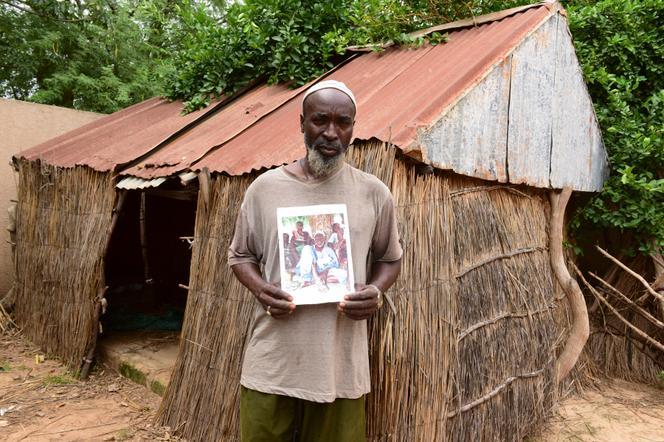New findings suggest that the massacre of African riflemen by French forces during World War II was not a spontaneous act of violence but a premeditated atrocity deliberately concealed in official records, according to a recent report highlighted by Al Jazeera. The incident, long overshadowed in historical accounts, raises urgent questions about colonial-era military conduct and the subsequent efforts to suppress the truth. This revelation sheds new light on the experiences of African soldiers who fought under the French flag and calls for a reevaluation of wartime narratives that have for decades marginalized their suffering.
French Massacre of WWII African Riflemen Deemed Premeditated in New Investigation
New findings reveal that the violent killings of African soldiers during World War II were not the result of spontaneous acts, but rather calculated and deliberate measures orchestrated by French military authorities. Multiple archival documents uncovered during the recent probe point to systematic efforts to execute the riflemen, who had bravely fought alongside French forces. These revelations challenge the previous narrative of incidental battlefield atrocities, highlighting a grim strategy of repression and ethnic targeting.
The investigation has also uncovered evidence of a wide-ranging cover-up spanning decades, aimed at suppressing the truth about the massacre. Key elements include:
- Deliberate destruction and misplacement of military records
- Official denials and misinformation campaigns
- Suppression of eyewitness testimonies
- Delayed recognition and denial of reparations
| Aspect | Past Claims | New Findings |
|---|---|---|
| Nature of Incident | Spontaneous acts of violence | Planned executions |
| Military Intent | Unclear or accidental | Deliberate targeting |
| Documentation | Partial or lost records | Systematic concealment |
| Official Response | Denial or silence | Cover-up exposed |
Evidence Reveals Systematic Cover-Up by French Military Authorities
Declassified documents and newly uncovered testimonies expose a disturbing pattern of intentional concealment by French military officials following the massacre of African riflemen during World War II. Evidence points to deliberate actions taken to suppress the truth, including the manipulation of official reports, intimidation of witnesses, and destruction of critical files that would have implicated higher-ranking officers. These measures were aimed at avoiding accountability and minimizing the political repercussions of this dark episode in France’s colonial military history.
Among the uncovered materials are:
- Altered battlefield reports that downplay the scale of the killings.
- Silent orders explicitly instructing troops to avoid documenting atrocities.
- Testimonies from surviving soldiers that were ignored or discredited by military courts.
The emerging narrative reveals not just isolated misconduct but a calculated effort to maintain a sanitized historical record, raising urgent questions about how colonial legacies are managed and the persistent need for transparency.
| Date | Type of Evidence | Impact on Investigation |
|---|---|---|
| 1944-07-15 | Suppressed eyewitness report | Initial leads dismissed |
| 1950-03-22 | Destroyed military communication | Evidence erased from archives |
| 2023-11-05 | Recovered survivor testimony | Renewed public outcry |
Calls Grow for Official Acknowledgment and Reparations for Victims and Their Families
Advocates and descendants of the African soldiers massacred during World War II have intensified their demands for formal recognition and reparations. They argue that the systematic cover-up and premeditated nature of the killings by French forces not only constitute grave historical injustices but also represent ongoing wounds for affected families. Organizations are urging the French government to issue a solemn apology, acknowledging the atrocities and the state’s role in orchestrating the violence.
Campaigners emphasize the importance of reparations that go beyond symbolic gestures, calling for tangible support programs, including:
- Financial compensation proportional to the suffering endured
- Access to healthcare and social services for survivors and their descendants
- Educational initiatives to raise awareness about this suppressed chapter of history
- Archival transparency to declassify documents related to the massacre
| Stakeholder | Demands | Current Status |
|---|---|---|
| Victims’ Families | Official apology & reparations | Awaiting government response |
| Human Rights Groups | Historical acknowledgment & public education | Reports released, awareness growing |
| French Government | Contested recognition | Limited statements, no formal reparations |
Final Thoughts
The revelations detailed in the report shed new light on a dark chapter of World War II history, exposing not only the brutal killings of African riflemen by French forces but also attempts to conceal the atrocity. As historians and officials continue to examine these findings, the call for accountability and recognition grows louder, highlighting the enduring impact of colonial legacies on contemporary understandings of justice and memory.




